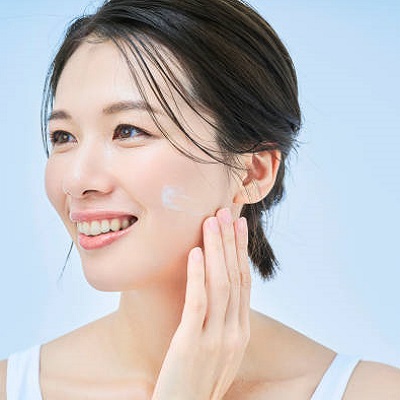Skin Whitening Trends in Islamabad
In recent years, skin whitening has become a prevalent trend in many cultures, including Pakistan, where a lighter complexion is often idealized. In Islamabad, the capital city, the pursuit of fair skin has led to an array of products and treatments, sparking both interest and controversy. This blog explores the various aspects of skin whitening in Islamabad, including cultural perceptions, popular methods, and health considerations.
Cultural Perceptions of Skin Tone
In Pakistan, fair skin has long been associated with beauty, privilege, and social status. This perception is deeply rooted in historical, cultural, and social contexts. Influenced by media portrayals, advertisements, and traditional narratives, many individuals believe that lighter skin enhances attractiveness and improves prospects in marriage and employment.
These societal pressures often lead people to seek various skin whitening solutions, ranging from over-the-counter creams to professional treatments. While these products promise results, it’s crucial to understand their implications and effectiveness.
Popular Skin Whitening Products and Treatments
In Islamabad, the market is flooded with numerous skin whitening products. Some of the most commonly used options include:
1. Topical Creams and Lotions
Many people opt for topical creams that claim to lighten skin tone. These products often contain ingredients like hydroquinone, kojic acid, and corticosteroids. While some users report visible results, these creams can also have side effects, including skin irritation and increased sensitivity to sunlight.
2. Natural Remedies
Natural ingredients are also popular for skin whitening. Ingredients like lemon juice, turmeric, and yogurt are commonly used in home remedies. While these may be safer alternatives, they often require consistent application over time to see noticeable effects.
3. Chemical Peels and Laser Treatments
For more immediate results, some individuals turn to professional treatments such as chemical peels and laser therapy. These methods can provide significant skin lightening, but they come with risks, including potential skin damage and the need for post-treatment care.
4. Oral Supplements
Certain oral supplements, often marketed as skin whitening agents, claim to promote lighter skin from within. However, the efficacy and safety of these products are often unregulated, making it essential to consult healthcare professionals before use.
Health Considerations
While the desire for lighter skin may be driven by cultural standards, it’s vital to approach skin whitening with caution. Many products on the market contain harmful chemicals that can lead to serious health issues. Hydroquinone, for instance, has been linked to skin conditions and has been banned in several countries due to safety concerns.
Additionally, the obsession with skin whitening can contribute to negative body image and low self-esteem, particularly among young women. It’s important to foster a culture of acceptance and appreciation for diverse skin tones, encouraging individuals to embrace their natural beauty.
The Role of Awareness and Education
To combat the negative aspects of the skin whitening trend, awareness and education play a crucial role. Health professionals and beauty experts should promote safe skincare practices and the importance of sun protection, rather than focusing solely on skin color.
Public campaigns that celebrate diversity and promote self-acceptance can help shift perceptions about beauty standards. By encouraging individuals to appreciate their unique features, society can gradually reduce the stigma associated with darker skin tones.
Embracing Natural Beauty
In recent years, there has been a growing movement towards embracing natural beauty and challenging traditional beauty norms. Many influencers and activists are advocating for self-love and acceptance, encouraging people to celebrate their skin color and uniqueness. This shift is crucial in fostering a healthier attitude towards beauty and self-image in Islamabad and beyond.
Conclusion:
The pursuit of skin whitening in Islamabad reflects broader cultural ideals and societal pressures. While many individuals seek lighter skin through various products and treatments, it is essential to prioritize health and well-being over conforming to beauty standards. By promoting awareness, acceptance, and appreciation for all skin tones, society can pave the way for a more inclusive and positive perception of beauty. Embracing diversity not only enhances self-esteem but also cultivates a healthier outlook on beauty for future generations.




